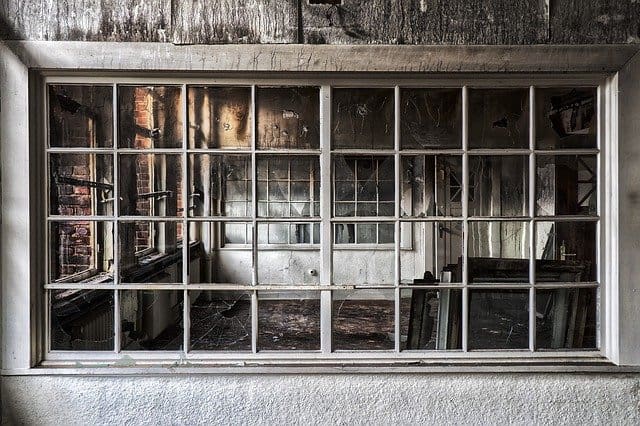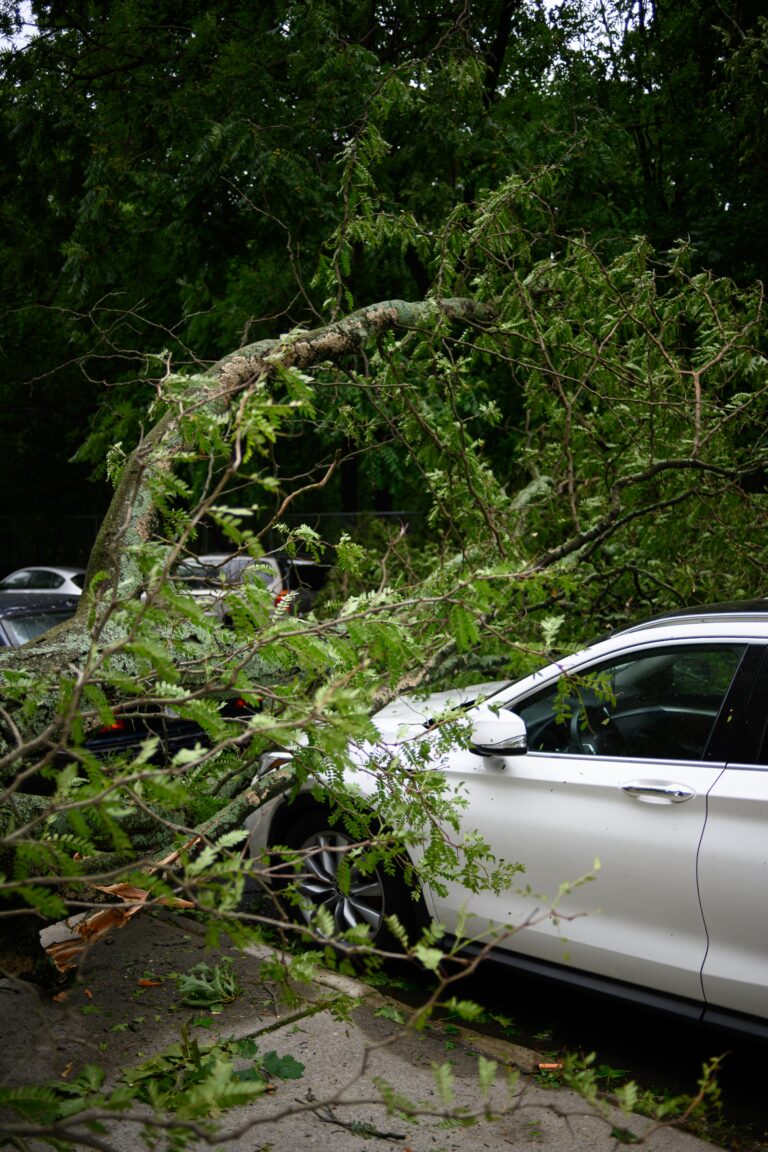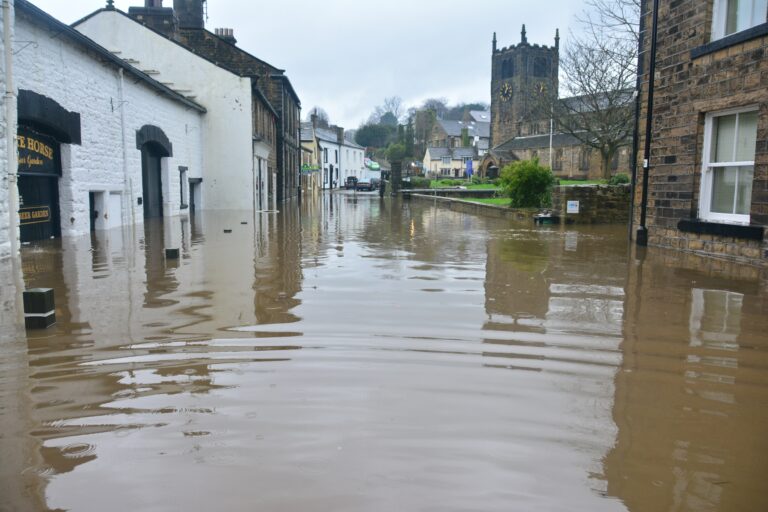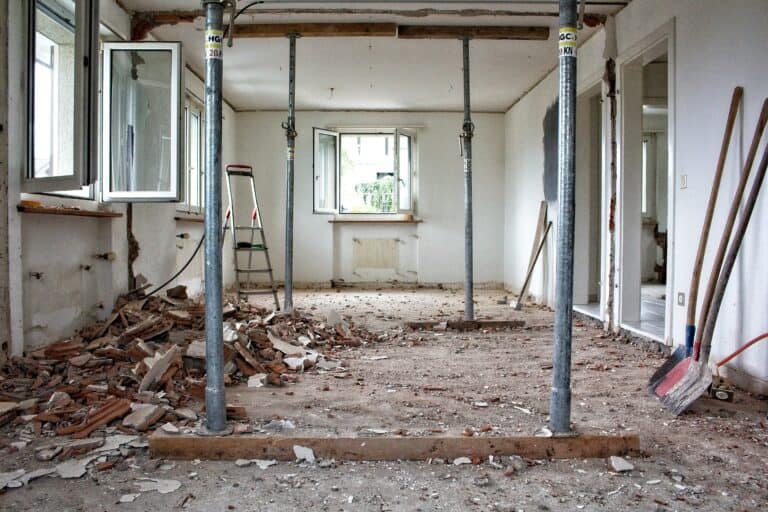Insurance experts estimate that business interruption Insurance is one of the most, if not the most, valuable cover available. Yet, it is often overlooked and misunderstood by commercial insurance buyers. This shines a spotlight on this important insurance cover.
Property insurance covers the cost of physical loss or damage in the event of an insured claim; whereas business interruption insurances covers the loss of income following a claim if the physical loss caused a reduction in expected income to the business. Business interruption (or loss of income) insurance aims to place an insured business in the same financial position it would have been had it not been for the occurrence of an insured material damage loss, such as a flood or fire. This type of cover is, therefore, a critical form of protection for any business.
Business interruption insurance is concerned with the following risk factors:
- The loss of anticipated gross profit or gross revenue during the period of indemnity which the insured would have earned had the insured incident not occurred.
- The period of indemnity – which is the maximum length of time it is estimated to take a business to get back to normal business operation following a catastrophic insured loss. It is also used to denote the time period for which indemnity or compensation is payable under a business interruption policy.
- The continuing expenditure to which the business is committed notwithstanding their inability to continue trading because of the damage. Also, the increased cost of working necessary to maintain the business and recover as quickly as possible from the effects of damage.
Business interruption insurance only acts following an insured material damage loss due to a proviso in insurance policies called the ‘material damage proviso’. This means that most material damage and business interruption insurances are covered under one package policy these days.
Cover usually available under a business interruption insurance section:
- Compensation for lost income if your business is interrupted, such as, the insured has to vacate its premises as a result of material loss or damage covered under a property insurance policy.
- Compensation for the gross profit or gross revenue that would have been earned based on previous financial records, had the insured loss not occurred. Including operating expenses, such as wages and services that must be paid even though business temporarily ceased its normal operation.
- The increased cost of working, including expenses of operating in a temporary location while repairs to the permanent location are completed.
The definition of gross profit and gross revenue
Gross profit is the most suitable basis for business interruption insurance for businesses that make a product and is defined in most policies in a similar way. For example, “the amount by which
- the sum of the amount of the turnover and the amounts of the closing stock and work in progress shall exceed
- the sum of the amount of the opening stock and work in progress and the amount of the uninsured working expenses
the amounts of the opening and closing stocks (including work in progress) shall be arrived at in accordance with your usual accounting methods due provision being made for depreciation and any discounts allowed.”
For service companies, gross revenue is a more suitable definition, such as, “the money paid or payable to you for services rendered in the course of the business less the amount of any uninsured working expenses.”
for property owners, gross rentals offers a more appropriate definition: “the money paid or payable to you for tenancies and other charges and for services rendered in the course of the business at the premises.”
These definitions highlight other terms, such as ‘uninsured working expenses.’ These are usually expenses that should not be included in the insured amount, such as, purchases that you would not make if you were not able to operate normally. Also, the term turnover needs to be defined.
The role of turnover
The disruption in turnover can be quite complex to calculate. For example, there are peak periods and quiet periods throughout the year and many other reasons why turnover expectations may or may not justified. Most insurers provide a standard turnover definition as: “the money paid or payable to you for goods sold and delivered and for services rendered in the course of the business at the premises.”
Annual turnover is defined as the turnover during the period in the 12 months immediately before the date of the damage which corresponds with the indemnity period. For this reason it is important that an adjustments clause is included in your business interruption insurance policy, which allows variations in or other circumstances affecting the business either before or after the damage which would have affected the business had the damage not occurred. This allows the previous 12 months’ turnover figure to be adjusted accordingly to take account for these variations.
How does profit relate to a business interruption policy?
As a business interruption insurance policy deals with the intangible, there is a formula stated in your insurance policy. The formula incorporates the application of an agreed rate of profit to an agreed reduction in turnover, in order to agree the loss of gross profit.
Extensions of cover
In addition to losses experienced directly at the premises from insured perils, such as, fire, flood and so on, there are a number of extensions available under most business interruption insurance policies that cover interruptions to the business from other specified causes. These include insured damage to suppliers or customers’ premises on which the insured business relies. Also, damage to property stored elsewhere; prevention of access to the insured location due to loss, destruction of damage to property in the vicinity; or failure of public utilities causing interruption to power or water supplies to name a few key extensions – there are others. The wordings of these extensions differ between insurers, so it is important to understand the extent of the cover available under a policy.
Support available
Even from this brief summary, it is clear that arriving at appropriate business interruption insurance cover can be complex. Most accountants are happy to assist their clients to calculate this. Also, there are calculators available online that can help you work out an accurate sum insured. And of course, the team at RS Risk Solutions is here to help. For more information, please speak to your usual contact or telephone us on 01342 580106 or alternatively email us at info@rsrisk.solutions.













